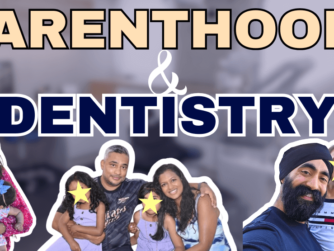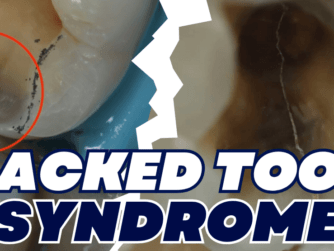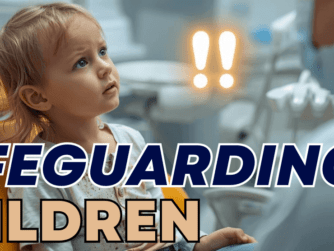Podcast: Play in new window | Download (Duration: 1:02:55 — 89.5MB)
Dr. Karl Walker-Finch shares his journey of pain to passion as he reveals the secrets to finding YOUR passion in Dentistry.
We started by discussing our crippling imposter syndrome as we left public Dentistry to practice privately. Along that theme we highlight the importance of taking control of your own destiny.
Karl’s new book, ‘In The Loupe‘ raises money for Confidental (emotional first aid for Dentists) and is a powerful book for Dentists that wish to practise without fear and establish the right work-life balance.
Download Protrusive App on iOS and Android and Claim your Verifiable CPD/CE by answering a few questions + You can get EARLY ACCESS to the episode + EXCLUSIVE content
“We do not need thousands of specialists in full mouth rehabilitation” – Dr. Karl Walker-Finch
Highlights of this episode:
- 3:12 Dr.Karl Walker-Finch’s introduction
- 5:48 Experiencing Imposter Syndrome
- 11:40 Private Practice vs Public Practice
- 16:31 Finding Passion – Ideal work for dentists
- 20:59 Top tips to help dentists find their ‘whys’ – Dr. Karl’s pathway before niching down
- 29:34 Taking control of our own destiny
- 39:32 Implementing the power of atomic habits in Dentistry
- 44:12 Dr. Karl supporting ‘Confidental’ – helping dentists with their mental health
You can now grab a copy of In The Loupe: The Secrets to Finding a Passion in Dentistry by Dr. Karl Walker-Finch!
If you enjoyed this episode, you will love Passion and Values in Dentistry with Dr. Dhru Shah







